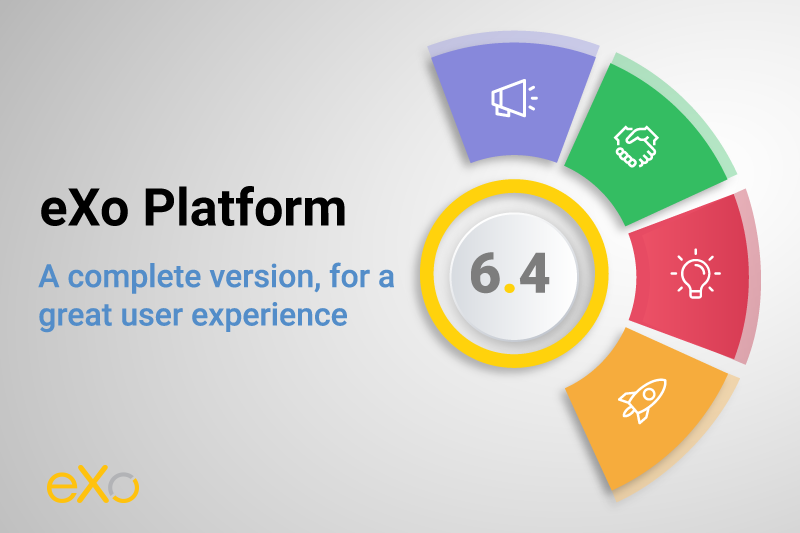- Fares Laroui
- April 30, 2020
5 digital transformation books that you definitely should read

Content
However, with a shift to digital processes having become a necessity in recent months, digital transformation took centre stage and became the new trendy hashtag on LinkedIn. Everyone wanted to learn more about digital transformation, and how to develop and implement effective strategies.
1. Digital Transformation Playbook: Rethink Your Business for the Digital Age
by David Rogers

2. Digital Transformation at Scale: Why the Strategy Is Delivery
by Andrew Greenway and Ben Terrett
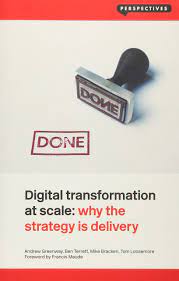
3. The Technology Fallacy: How People Are the Real Key to Digital Transformation (Management on the Cutting Edge)
by Garth R. Andrus, Anh Nguyen Phillips, Jonathan R. Copulsky and Gerald C. Kane
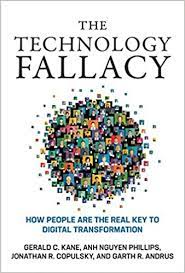
4. Leading Digital: Turning Technology into Business Transformation
by Didier Bonnet, George Westerman and Andrew McAfee
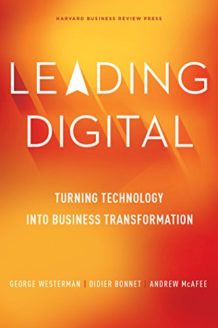
5. Digital to the Core: Remastering Leadership for Your Industry, Your Enterprise, and Yourself
by Graham Waller and Mark Raskino
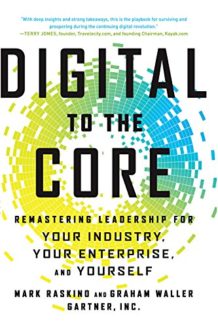
FAQs
You will find here Frequently Asked Questions about collaboration with all the answers in one place.
What is collaboration?
Collaboration is “the situation of two or more people working together to create or achieve the same thing”.
What are the different types of collaboration in business?
Here are some definitions of digital workplace:
- Team collaboration
- Cross-departmental and interdisciplinary collaboration
- Community collaboration
- Strategic partnerships and alliances
- Supply chain collaboration
How to choose the best type of collaboration?
In order to effectively find the right type of collaboration for your business, you have to follow a strategic approach and answer three common yet critical questions: Where are we? Where do we want to be? And how to get there?
Why collaboration is important?
At the internal level, businesses try to encourage and seek to incorporate different forms of collaboration in the workplace to lay the foundations for teams to be able to work together with an aim to achieve higher levels of success.
Externally, businesses look to engage in collaborative actions to benefit from others’ expertise, to gather the opinions of their customer base and to get customers and other stakeholders more involved in the development of products and services.
What are the benefits of collaboration in the workplace?
Here are some of the benefits of collaboration in the workplace:
- Foster innovation and creativity
- Better problem solving
- Effectively handle times of crises
- Engage and align teams
- Increase motivation
- Attract talents
Related posts
- All
- eXo
- Digital workplace
- Open source
- Internal communication
- Collaboration
- News
- intranet
- Future of work
- workplace
- Knowledge management
- Employee engagement
- Employee experience
- Employee productivity
- onboarding
- Employee recognition
- Change management
- Cartoon
- Digital transformation
- Infographic
- Remote work
- Tips & Tricks
- Tutorial
- Uncategorized
Leave a Reply
( Your e-mail address will not be published)


